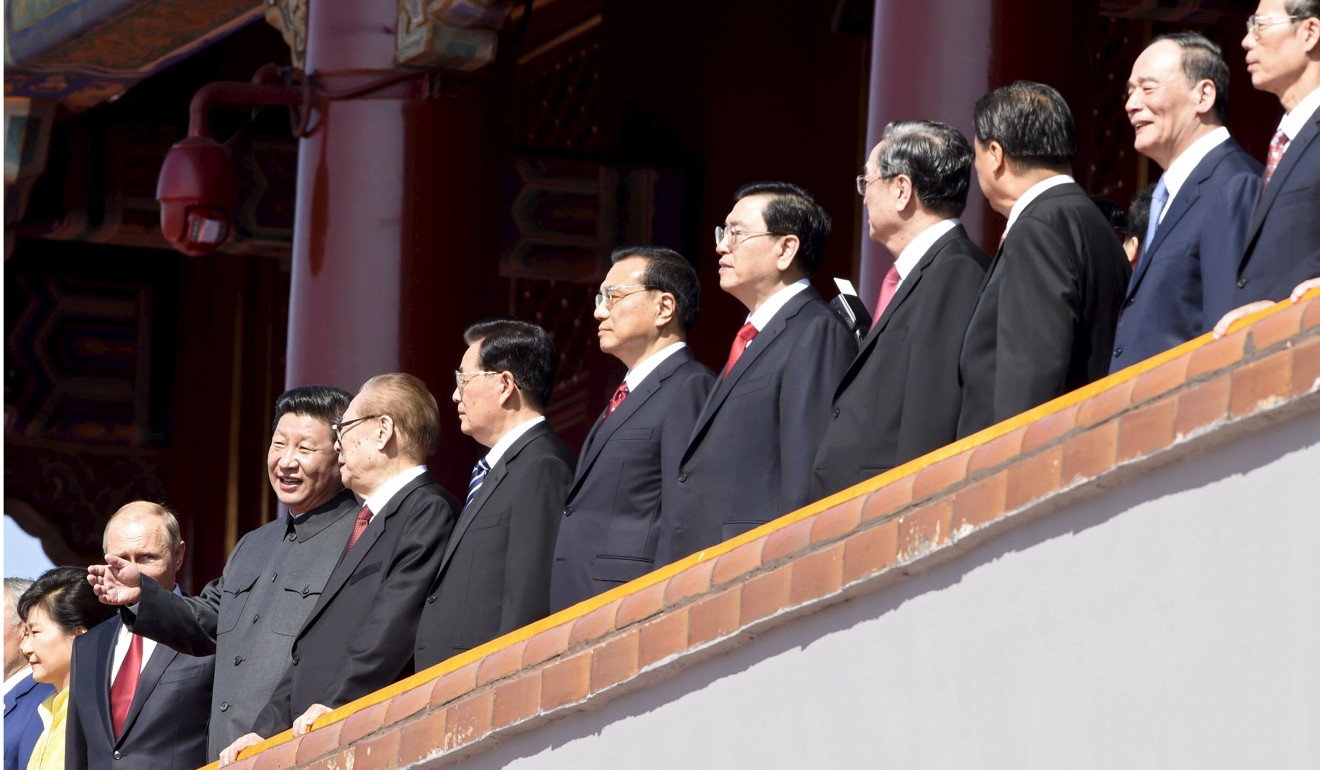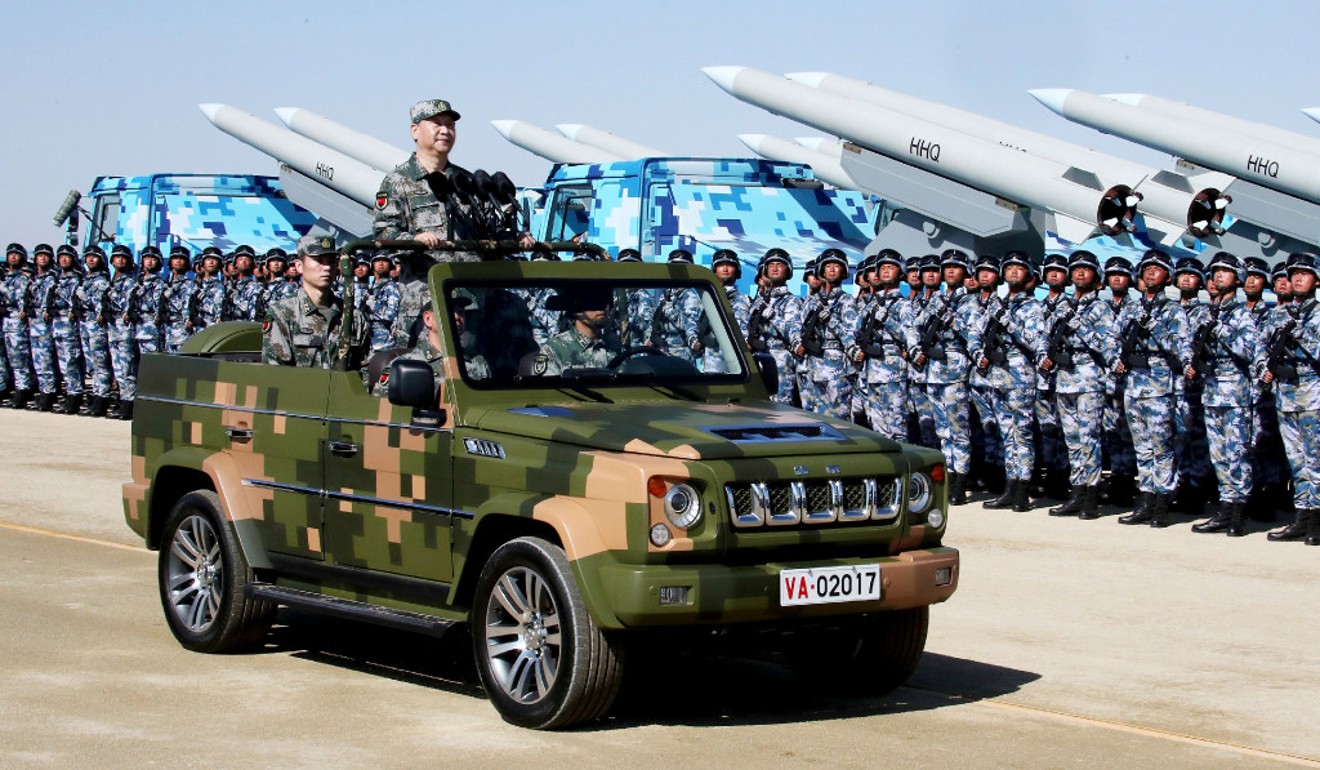
Xi makes it clear who’s boss as Chinese leaders old and new head off for summer gathering
President’s apparent snub of former leaders indicative of his desire to tighten his grip of power, analysts say
The annual summer gathering of the ruling elite of China’s Communist Party in the seaside resort of Beidaihe has traditionally been a symbol of the country’s “elderly politics”.
For decades, the secretive gathering has provided a stage for leaders past and present to air their views on how the party and nation should be run. While actual dates for the event are never released, the absence of Xi and other key figures from recent news reports suggests that this year’s event is almost certainly now under way.
This year, however, things might just be a little different, as Xi, at least according to some political analysts, appears to be demonstrating a more unilateral approach to leadership.

“Control of the party, government and military are all in his hands,” said Chen Daoyin, a political science professor at the Shanghai University of Political Science and Law. “The current power structure means no one can disagree with him.”
Last Sunday, Xi was the sole state leader present as China’s military took part in a massive show of force to mark the 90th anniversary of the founding of People’s Liberation Army.
The following day, while speaking to senior Party and government officials at another commemorative event in Beijing, Xi delivered a lengthy speech on national security and the development of the nation’s military without once mentioning Hu Jintao or Jiang Zemin, the only two former presidents still alive.

It was a conspicuous omission, and pointed to a break from the tradition that Chinese presidents always honour the legacy of their living seniors, who often exert great influence within the party through their subordinates.
The staging of Sunday’s parade was also unique. Not only was it the first to be held on an actual anniversary of the military’s founding, but its format and location – at the Zhurihe training base in Inner Mongolia, the largest facility of its kind anywhere in Asia – was altogether more combative.
In the past, military parades – organised by Xi and his predecessors – took place on national days and moved along Changan Avenue in Beijing, with incumbent leaders standing shoulder to shoulder with retired presidents and premiers at Tiananmen Gate.
When Xi’s immediate predecessor Hu spoke at the army’s 80th anniversary in 2007, he repeatedly praised the leadership skills of three former leaders. Jiang even stayed on as the top military commander for the first two years of Hu’s presidency, prompting suspicions that the new president did not have a firm grip on the army.
Beijing-based historian Zhang Lifan said that traditionally, outgoing leaders would select young, less experienced men to succeed them as a way to ensure their personal legacies and influence endured.
“The result was that the new president tended to be weaker than his predecessor,” Zhang said.
“They might have chosen Xi because he seemed uncompetitive, but they were wrong.”
Instead, Xi is steering China away from the convention that retired leaders are allowed a role in current affairs, in a move designed to strengthen his own grip on power, analysts said.
The recent downfall of ex-Chongqing party chief Sun Zhengcai, who was considered a leadership contender favoured by party seniors, has also been interpreted as a challenge to the elders’ meddling, Zhang said.
Sun was abruptly dismissed last month and is now the subject of a corruption probe.
Wang Zhengxu, an expert in China’s top-level politics at the University of Nottingham, said the influence of retired officials has been gradually diminishing over the past decade.
“Xi will do more in this area,” Wang said. “He may stop the involvement of retired leaders by making changes to the system.”
As party elites headed to the Beidaihe gathering two years ago, party mouthpiece People’s Daily published a rare commentary criticising retired officials for clinging to power.
“They not only installed their associates to create conditions for them to exert influence in the future,” the article said, “but are also not willing to keep their hands off major issues regarding the organisation they previously worked for, even many years after stepping down.”

